1. Humans Might Never Have Evolved
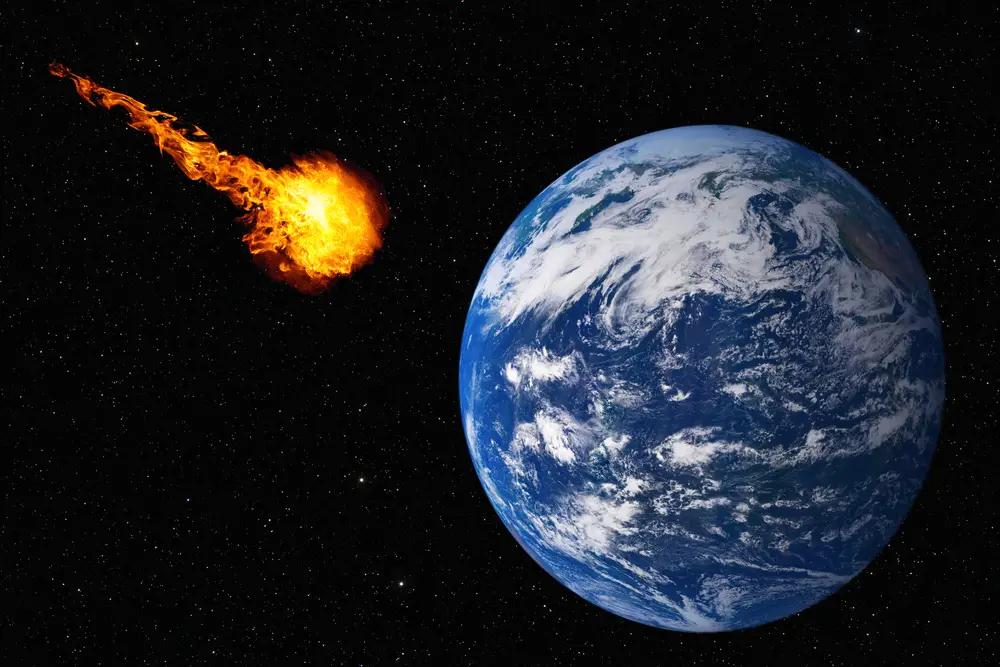
What if the asteroid had missed? Our entire world, from cities to oceans to who rules the skies, might look nothing like it does today. Dinosaurs ruled the Earth for 165 million years, and their sudden extinction 66 million years ago opened the door for mammals to rise. Without that event, primates, and eventually humans, might never have appeared. Civilization as we know it could have remained a dream. Instead of skyscrapers and smartphones, the planet might have stayed a wilderness ruled by reptilian giants. It is strange to imagine a world where we never existed, where intelligence might have taken another form entirely, perhaps one that roared instead of spoke.
2.Mammals Would Stay Small and Hidden
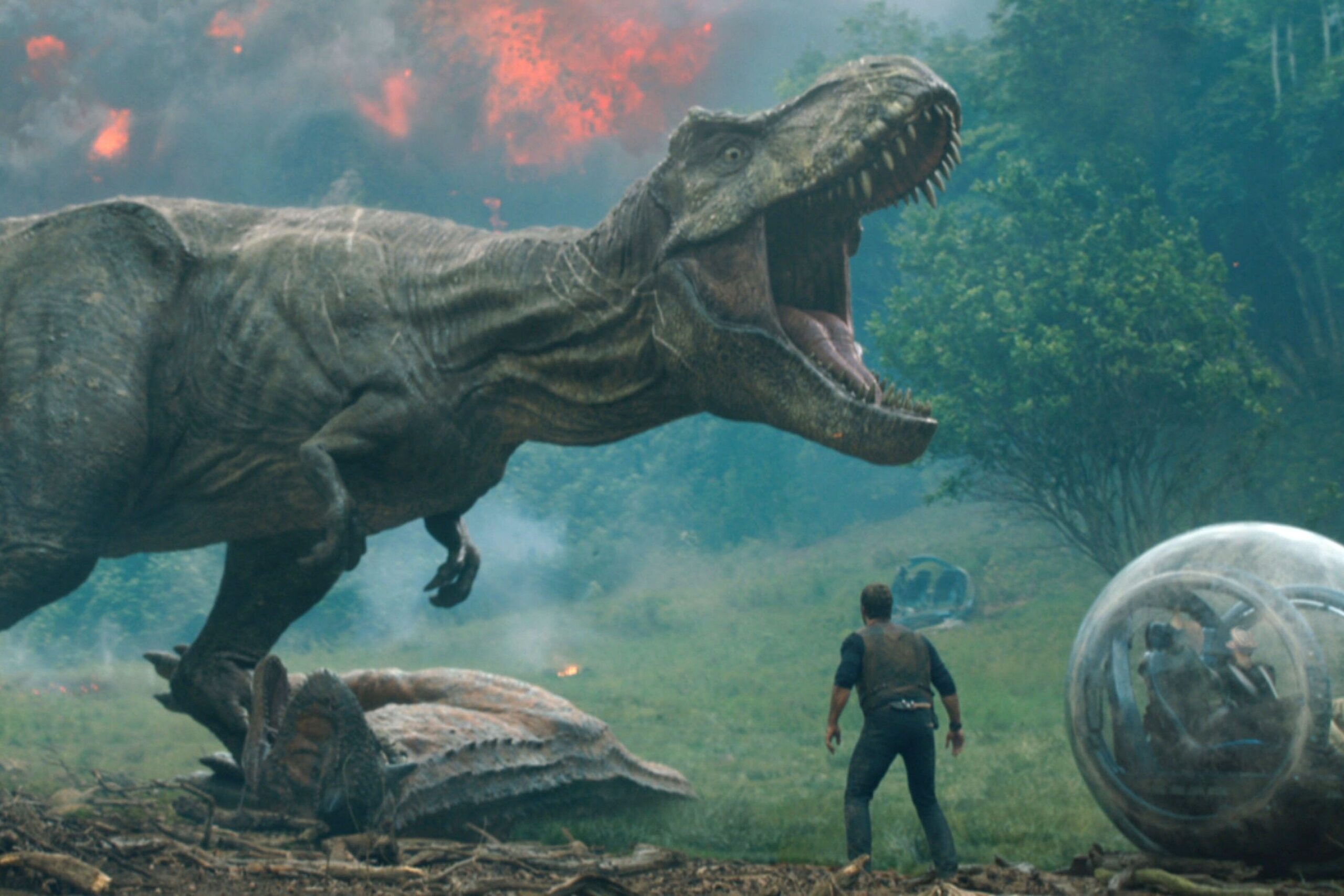
If dinosaurs had survived, mammals would likely have stayed tiny, timid, and nocturnal. Back then, early mammals were small creatures that hid in burrows or hunted insects at night, trying to avoid being trampled or eaten. Without the extinction, that life of hiding might have continued indefinitely. We might have evolved into nothing more than clever rodents, surviving in the shadows while enormous reptiles ruled above. There would be no lions, whales, or humans, just generations of furry creatures that never dared to grow. The entire story of mammalian evolution would have been written in whispers and darkness, not in civilizations that touched the stars.
3. Forests Built for Giants
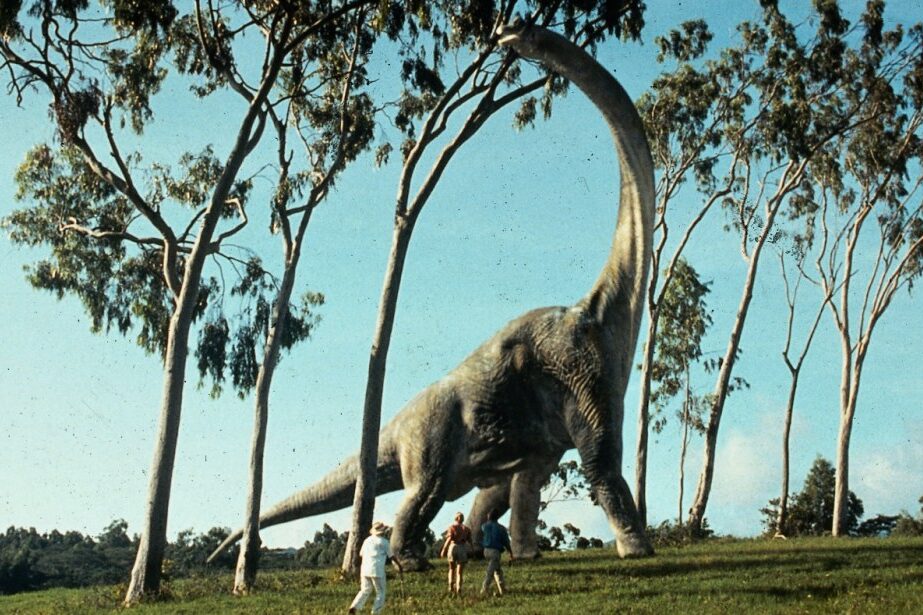
Forests in a dinosaur world would have been shaped to feed giants. Imagine trees stretching even higher than today’s redwoods and plants growing tougher to survive endless grazing from colossal herbivores. Dinosaurs like brachiosaurs and triceratops would have changed how vegetation evolved, forcing plants to grow faster and stronger to survive constant feeding. Our modern oak trees, flowers, and grassy meadows might never have existed. Instead, the landscape would have been filled with ferns, cycads, and towering conifers. Every horizon would look ancient, green, and wild, built for creatures that made elephants look small. Earth itself would have been a forested kingdom for giants.
4. Mammoths, Sabertooths, and Elephants Would Never Appear
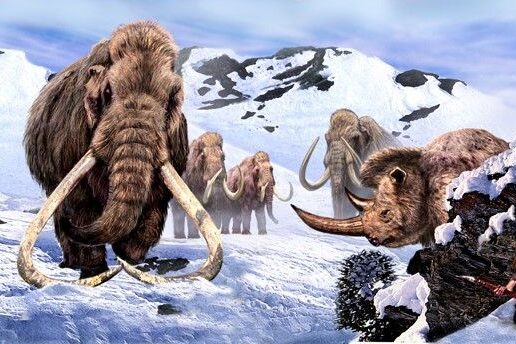
The mighty mammals of the Ice Age, from woolly mammoths to saber-toothed cats, only came after dinosaurs were gone. Without that extinction, reptiles would have kept their hold on the world, leaving no space for mammalian megafauna to evolve. Elephants, rhinos, and bears might never have appeared at all. The planet would have been filled with scaled creatures instead of furry ones. The great migrations and ice-age battles we imagine from prehistory would never have existed. It would have been an Earth where the age of mammals never began and where the sound of thunder came not from the sky, but from the steps of titanic reptiles.
5. Raptors Could Have Grown Smarter
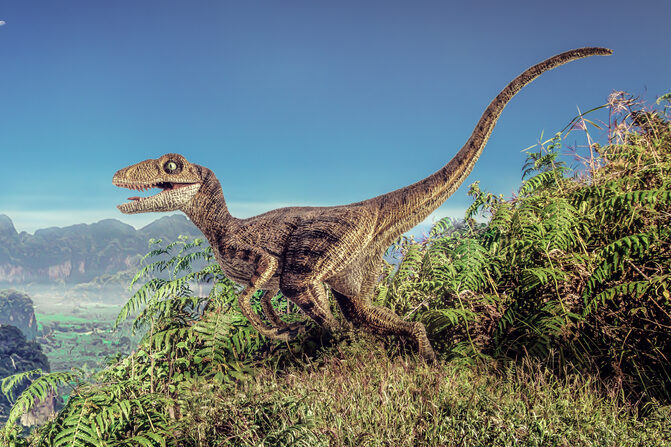
If evolution had continued without interruption, some raptors might have developed greater intelligence. They already showed complex behaviors like hunting in packs and using strategy. Given millions more years, they could have become creatures capable of problem-solving, maybe even communication. Picture intelligent, tool-using reptiles developing their own societies long before humans ever walked the Earth. It is a strange thought, but entirely possible. Evolution rewards adaptability, and raptors were already on that path. Instead of cities and language born from mammals, the world could have been ruled by creatures whose ancestors once stalked the Cretaceous. Intelligence might have worn scales instead of skin.
6. Seas Still Ruled by Reptiles
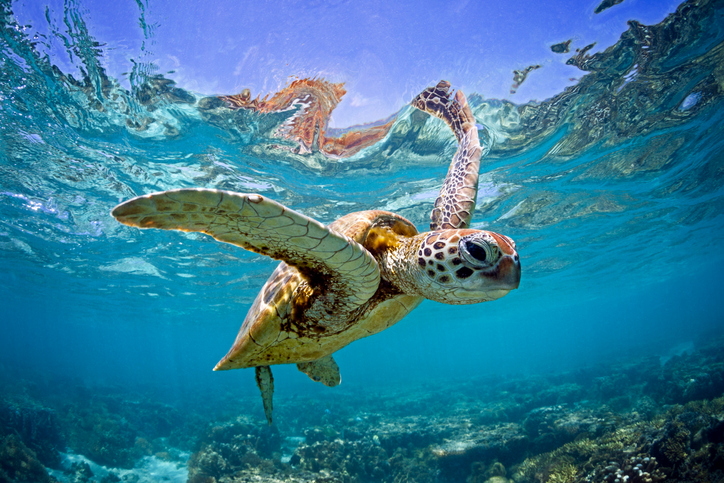
The oceans would have stayed under reptilian command. Massive creatures like mosasaurs and plesiosaurs would have continued to dominate the seas, leaving no room for whales, seals, or dolphins. Our oceans today might still echo with the movements of toothy giants gliding silently beneath the waves. Deep-sea exploration, if it ever existed, would have been far more terrifying. Humans, assuming they evolved at all, would have faced a marine world too dangerous to explore. Every coastline would be a frontier ruled by predators that never surrendered their throne. The calm blue seas we know would instead have been alive with reptilian shadows.
7. Air Travel Might Have Been Impossible
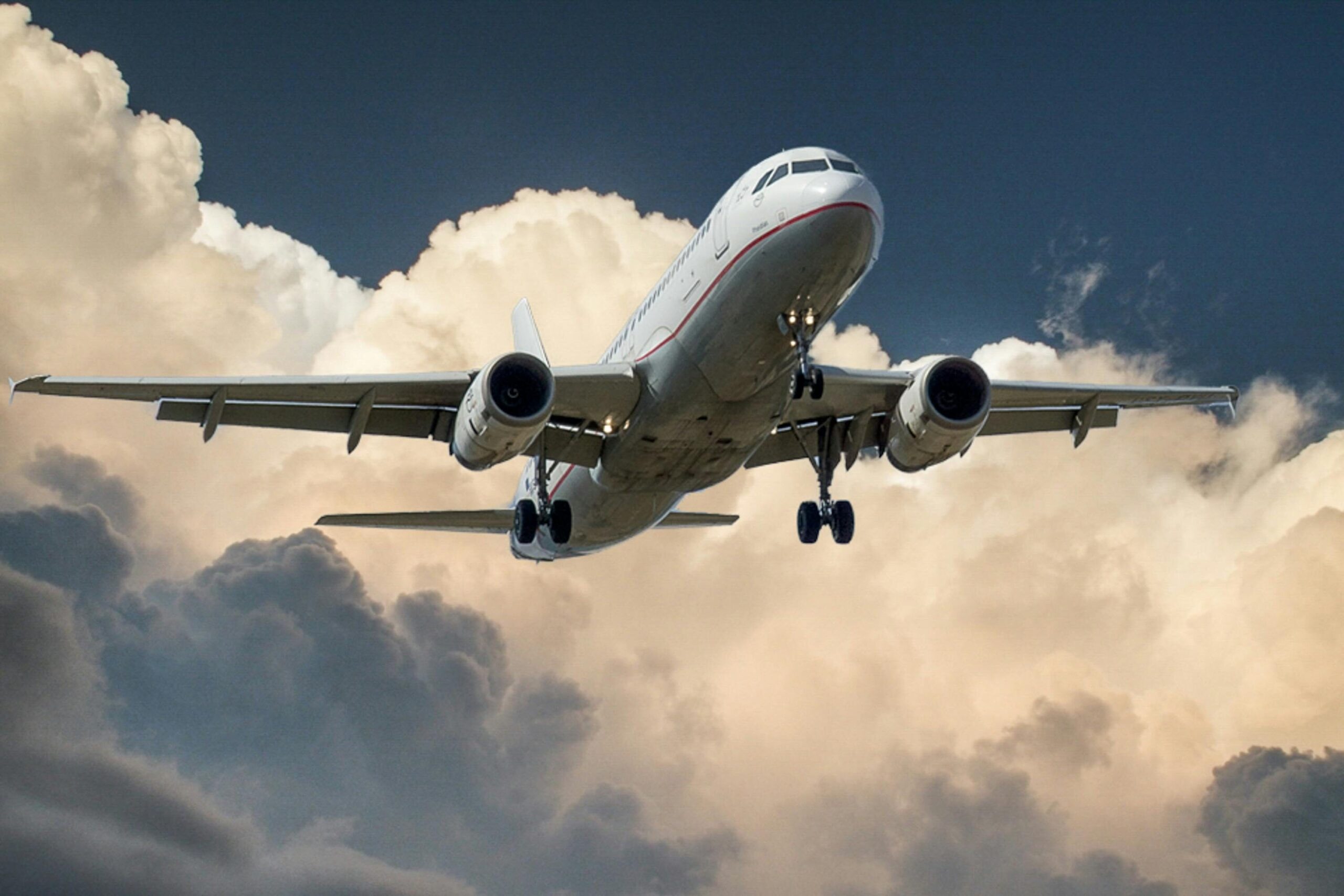
Imagine trying to invent airplanes while massive flying reptiles soared overhead. Pterosaurs, with wingspans as wide as small aircraft, would have dominated the skies. If humans ever existed in such a world, taking flight might have been nearly impossible. Every journey would risk collision with enormous winged predators. Even hot-air balloons or drones would have been seen as competition in their territory. Our skies, now symbols of freedom, would have been filled with danger instead. The dream of aviation, one of humanity’s proudest achievements, might never have lifted off the ground. The air itself would belong to creatures that ruled it first.
8. Agriculture Would Be Impossible

Farming in a dinosaur world would have been hopeless. Imagine trying to plant crops only to have a herd of triceratops crush them or a sauropod devour an entire field in one meal. The unpredictable movements of massive herbivores would make agriculture impossible. Societies depend on stable food sources, so without farming, civilization might never have formed. Humans would have remained hunters and gatherers, always struggling to find enough to eat while avoiding predators. There would be no villages, no cities, and no progress beyond survival. Nature’s giants would have left no room for the quiet patience of human cultivation.
9. Dinosaurs as Domesticated Companions
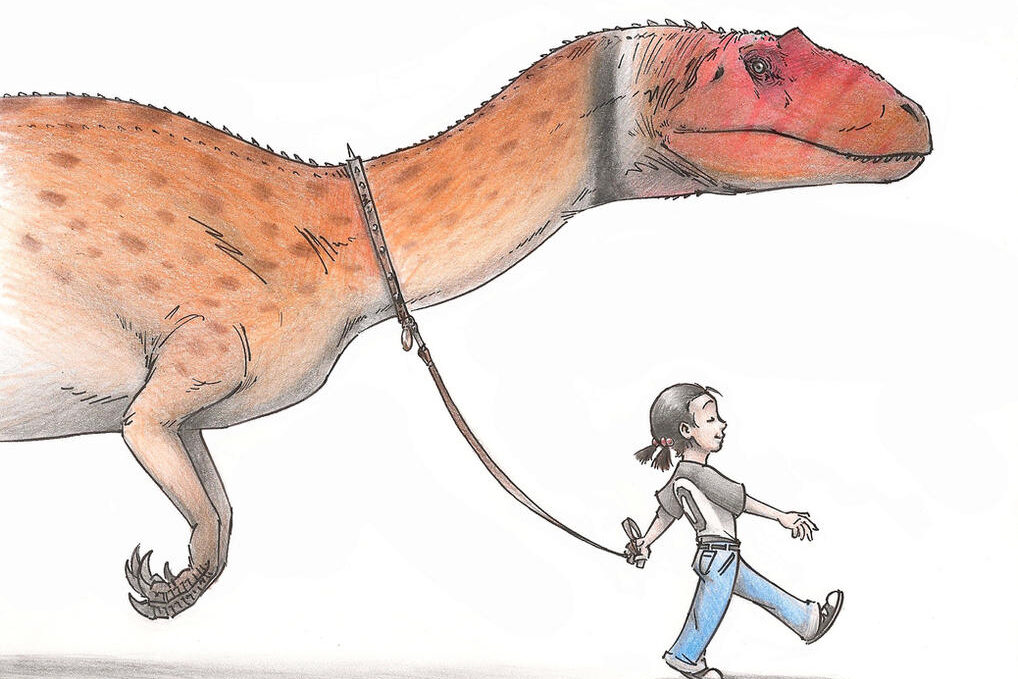
If humans somehow evolved alongside dinosaurs, domestication would have looked fascinatingly different. Imagine small, gentle species trained for work or travel, like hadrosaurs used as mounts or ankylosaurs as moving shields. Even tiny raptor-like creatures could have been kept as pets. Daily life might have revolved around maintaining fragile coexistence with creatures much stronger and faster than us. Our sense of companionship and dependence would have extended beyond dogs or horses to living relics of prehistory. Instead of barking in the streets, there might have been the deep, resonant calls of our scaly allies echoing across human settlements.
10. Cultural Myths Would Be Real
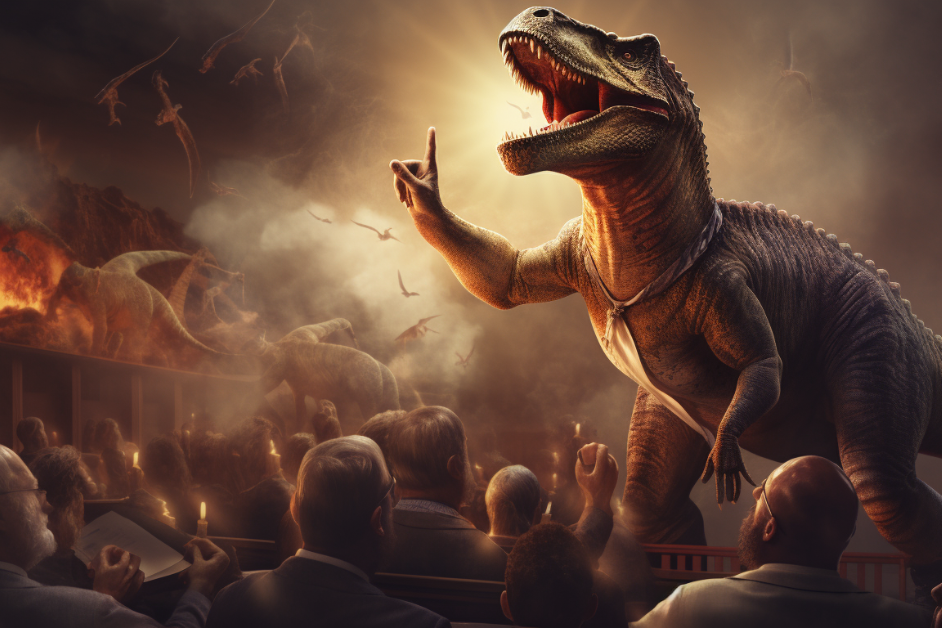
Many cultures have myths of dragons, serpents, and monstrous beasts. If dinosaurs had survived, those legends would not be fantasy at all but everyday experience. People might have built religions or philosophies around living dinosaurs, worshiping or fearing them as divine creatures. Ancient monuments could have depicted real beasts, not imagined ones. Humanity’s art, rituals, and storytelling would be shaped by the creatures we shared the Earth with. Instead of guessing their shapes from fossils, we would have painted their forms from memory. The line between myth and reality would have never existed.
11. Technology Shaped by Survival
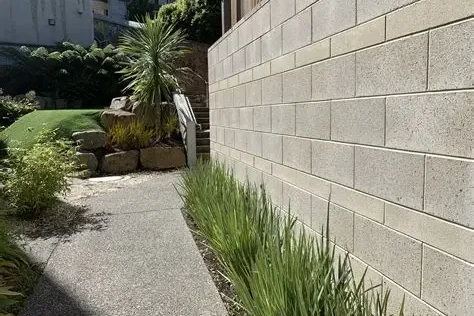
In a world ruled by dinosaurs, every invention would serve survival. Homes would be built underground or within reinforced walls, designed to keep predators out. Tools and weapons would focus on defense rather than war. Instead of advancing for comfort, humanity’s progress would be driven by fear and necessity. Transportation might rely on stealth, communication on warning signals. Our entire technological timeline would be different, built on the principle of endurance. What we now use for convenience would instead be designed to help us stay alive, reminding us daily that the planet never belonged to us.
12. Dinosaurs Spreading Everywhere
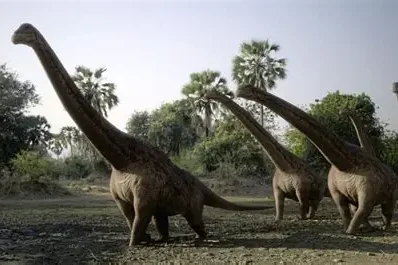
Dinosaurs had already conquered every continent before the asteroid struck, from Antarctica to Asia. Without extinction, their diversity would have continued to explode. The Earth would be filled with creatures adapted to every environment, from desert hunters to icy carnivores. Evolution would have created unimaginable new forms, perhaps even semi-aquatic or high-altitude dinosaurs. Each region of the planet would have developed its own species. The idea of a global “dinosaur world” would not be fiction but fact, a living example of nature’s limitless imagination still unfolding millions of years after the age of reptiles began.
13. Birds Might Not Dominate
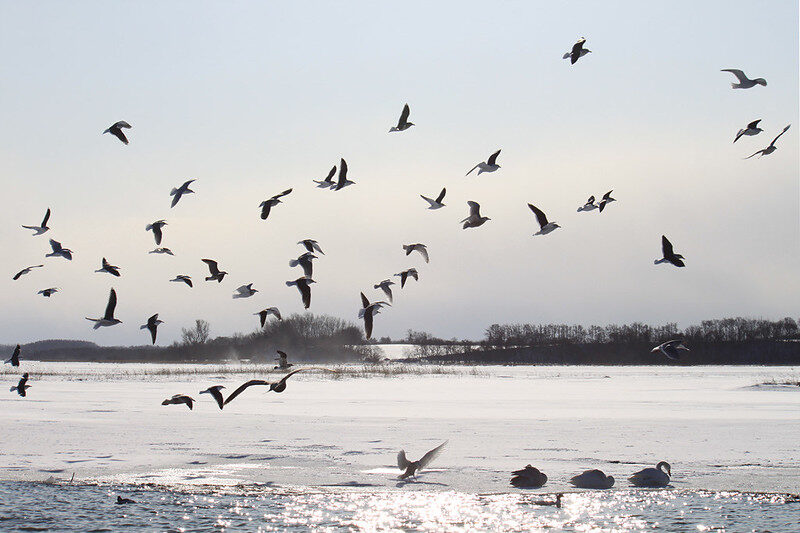
Today’s birds are the last surviving dinosaurs, but if their massive ancestors had lived on, their story might have ended differently. Large dinosaurs would have outcompeted small feathered species for resources, keeping them from spreading and diversifying. Instead of flocks of songbirds filling the skies, there might have been only a few scattered species living in hidden places. The sight of birds migrating or singing in trees might have been rare, their voices drowned out by the calls of far larger cousins. The skies would still belong to reptiles, not to the graceful flapping of wings we know today.
14. Oceans Without Whales or Seals
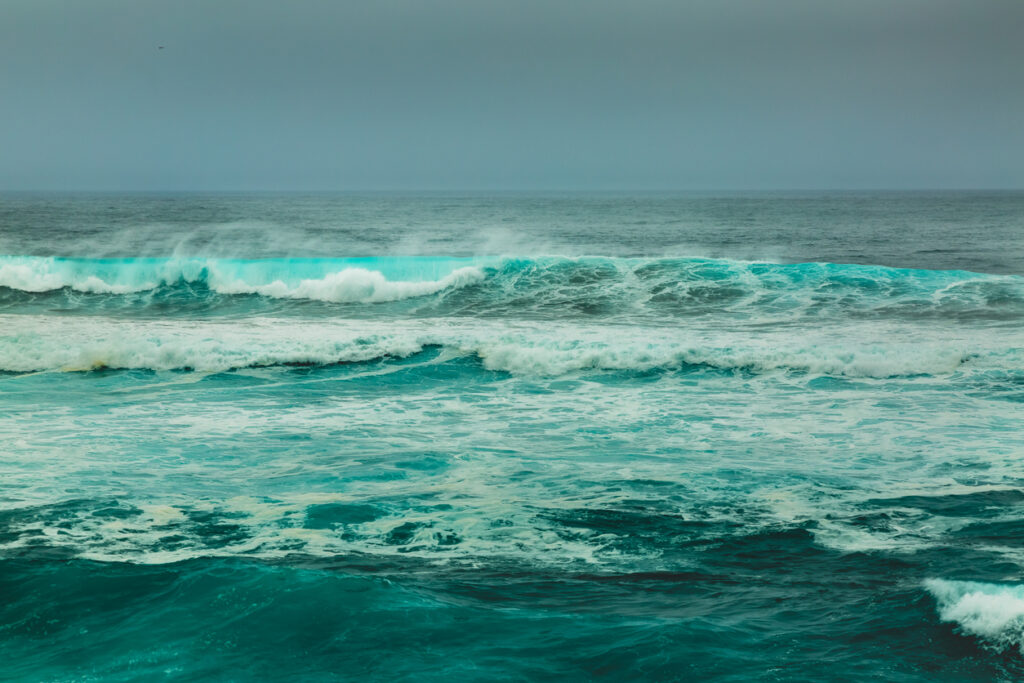
Marine mammals rose only after the disappearance of reptilian sea predators. Without that event, there would be no whales, dolphins, or seals gliding through the water. The oceans would have remained the domain of reptiles, their sharp teeth and sleek bodies designed for endless pursuit. Our image of the sea as a peaceful refuge would never have formed. There would be no songs of whales echoing through the deep, only the silent power of ancient hunters. The ocean’s ecosystem would have followed a completely different path, one ruled not by intelligence and sound but by instinct and strength.
15. Insects and Plants Would Have Evolved Differently
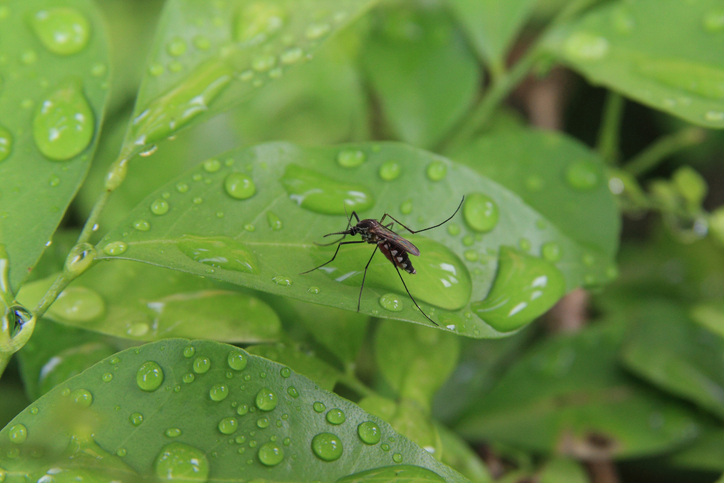
Even the smallest parts of nature would have changed. Dinosaurs influenced what plants thrived and which insects pollinated them. Without extinction, flowering plants might never have dominated the landscape. Insects, lacking those new food sources, would have evolved along stranger paths, perhaps growing larger or more aggressive. The balance of life on Earth would have been completely different. Every meal, every forest, and every breeze filled with pollen might have belonged to a world alien to us. The planet’s beauty would still exist, but its rhythm and colors would have been shaped by reptilian influence.
16. Climate Could Have Been Altered
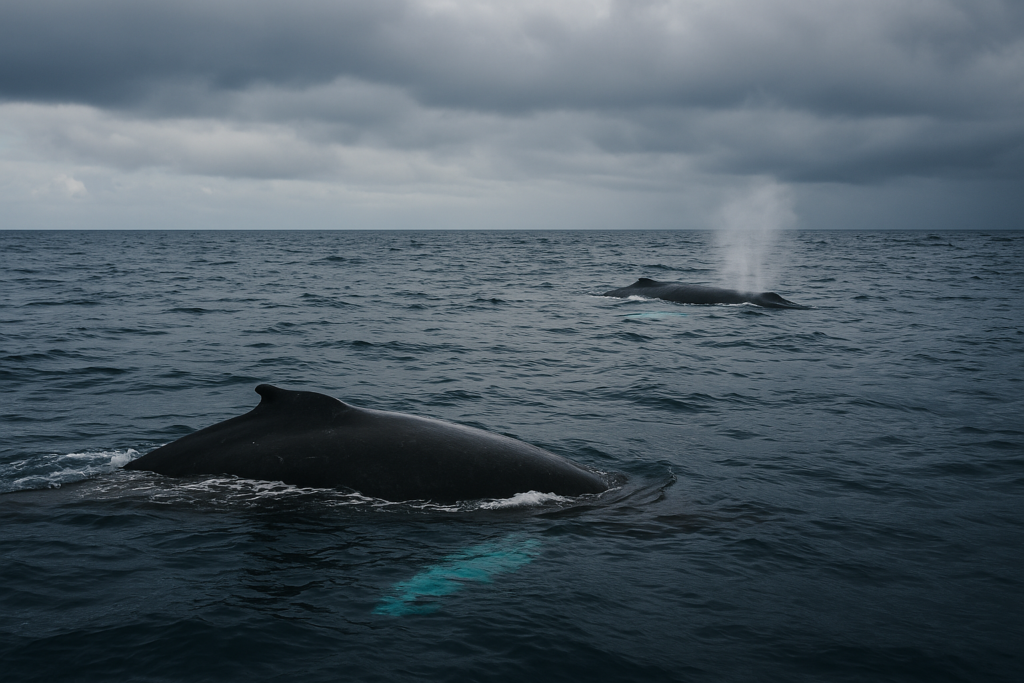
Dinosaurs affected more than ecosystems; they shaped Earth’s climate. Their massive populations influenced vegetation, which controlled carbon levels. Without their extinction, the planet might have remained warmer and more humid. Ice Ages might never have occurred, changing the course of evolution for countless species. The Earth could have stayed covered in dense jungles and tropical forests, untouched by frost or snow. The world we live in, with its shifting seasons and poles of ice, might never have existed. Instead, it would be an endless summer beneath a green canopy, watched over by ancient giants.
17. Mammals Might Have Stayed Underground
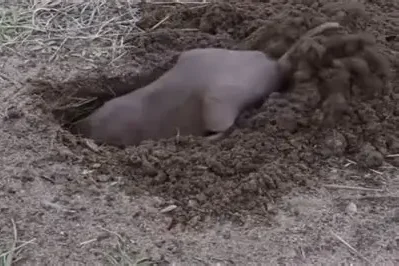
Without the opportunity created by extinction, mammals might have spent eternity in hiding. They would have lived in burrows, trees, or caves, avoiding larger predators above. Their evolution into larger, more complex creatures would have been halted by fear and competition. The most intelligent animals might have been rodent-like or shrew-like beings, living short, quiet lives. The story of evolution would have continued, but its main characters would have remained small. There would be no primates, no curiosity, no cities, and no art. The mammals of Earth would have survived, but never thrived.
18. Dinosaurs Could Have Reached New Heights
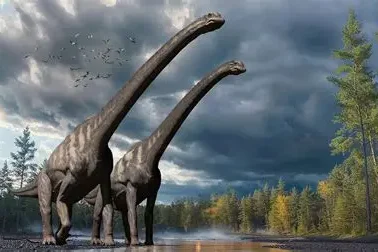
Given enough time, evolution pushes species to explore new possibilities. Dinosaurs might have continued evolving into forms we can hardly imagine. Some could have become faster or stronger, while others adapted for gliding, swimming, or intelligence. Earth’s diversity would have been even greater than today’s. New species might have challenged the limits of biology itself. It is humbling to think how much potential was lost in one moment of cosmic impact. If that asteroid had missed, the dinosaurs’ story would not have ended but transformed into something beyond our understanding.
19. Human Cities Would Look Unrecognizable

If humans had evolved anyway, our cities would have been designed for defense. Towering walls, underground passages, and fortified gates would define every settlement. Streets would be wide and strong enough to withstand the steps of predators. Skyscrapers might be observation towers, not offices. Even our architecture would reflect caution and survival. Beauty would come second to safety. Instead of the open cities we know, civilization would have existed beneath the constant reminder that we share the Earth with creatures that could crush us in a single stride. Humanity’s legacy would have been carved in fear.
20. Dinosaurs Still Live on Through Birds
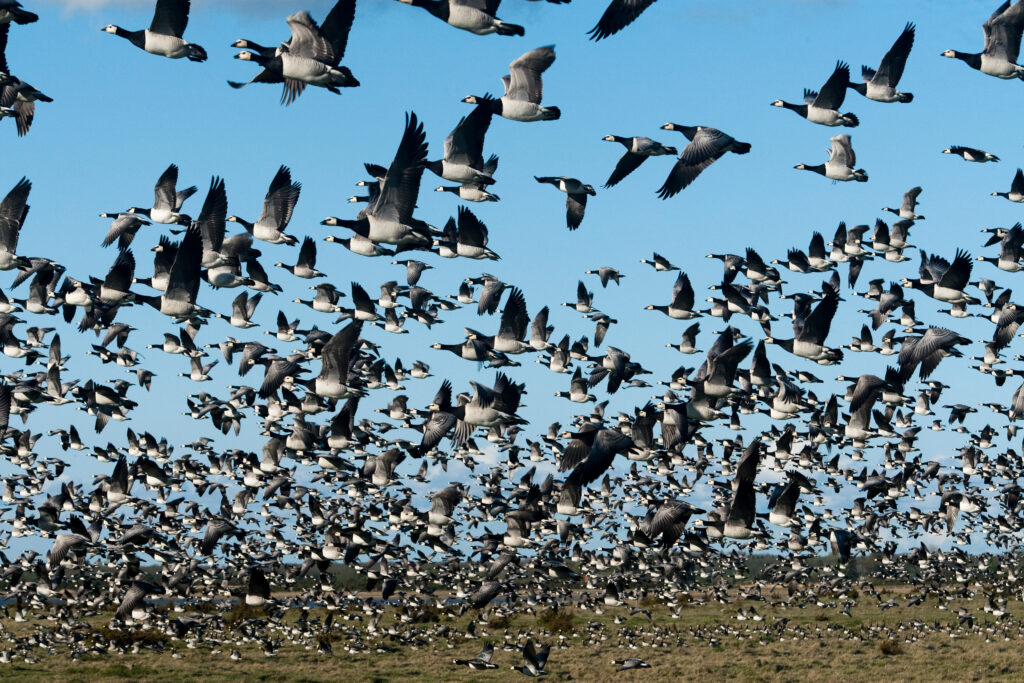
And yet, part of that world never truly disappeared. Birds are living dinosaurs, descendants of those ancient creatures that once ruled the Earth. Every pigeon, sparrow, and hawk carries their legacy in its bones and feathers. In a way, the age of dinosaurs never ended; it simply changed shape. Their story continues around us every day, from the song of a robin to the flight of an eagle. The world they once owned still echoes in their wings. It is a quiet reminder that extinction is never absolute and that life, no matter its form, always finds a way.
Our understanding comes from fossil records, evolutionary biology, and scientific modeling. Some conclusions are grounded in fact, some are educated guesses, and others are playful speculation. Together they highlight one truth: without that asteroid, life on Earth and humanity itself would have unfolded in a radically different way.


